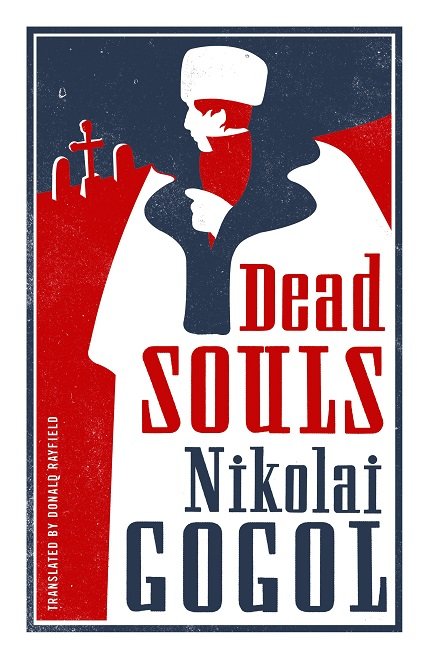Very often, Gogol writes, "he returns home with just one sideboard, and it was pretty thin. " "Nozdrav was a kind of historical man," Gogol continued. "There were more people, and there was more, and it did not go without a story." However, Nozdrav's richly gifted nature is not over. He is a great liar. Pointing to the Chichikov field, Nozdrev says: "And here in this field there are ... there are so many rabbits that the earth does not see them: I myself caught my hands one by the hind legs.
"You can not catch a rabbit by hand," his son-in-law notices.
"But that I caught ..." - Nozdrav is not given. Perhaps Nozdrayv's void, his "spiritual" interests most closely reflected on the situation in his office. There are no books in it, but rifles, horns and other hunting accessories. How gagulous the hero is, he thinks, is that when he offers Chichikov to sell him a horse or a dog and the latter refuses him, he starts cursing him. Built to play cards because in another case Nozdrayov does not want to sell him the "dead souls", Chichikov is forced to give up due to the hosts' mockery. The consequences for Chichikov would be too unpleasant, but it was saved by the captain who had arrived to arrest for a Naddryov scandal. The incomplete phrases, the constant exclamations and utterances, the unexpected passage from one subject to another without a logical and syntactic connection, the vulgar jargon all characterize the fierce, inconsistent Nozdrayov , the hero of the maps and the fairs. It is not difficult to judge how socially harmful it is to make Nozdrayov a man of the fortress system, compared to Manilov and Korobochka.
Plushkin is the lowest degree of human degeneration and fall, as far as the representative of the fortress system is brought. The pile of accumulated in the house of Plushkin with all sorts of junk clearly speaks of the drunken passion of the owner. His mischief is so abusive that, for fear of "going" in the price, he does not sell the produce out of his estate, but leaves it rotten. He does not give a penny to his son, his daughter and grandchildren, he wears old cloth clothes, and he has closed (without two) the windows of his home. Everything the peasants have done, he takes it away without using it. In time, it collapses and suicides.
The miserable passion has destroyed Plushkin's outer human appearance. "By one of the buildings," Gogol writes, "Chichikov soon noticed a figure who began to fight the mickey who came with the bogie. He had long been unable to recognize the gender of the peasant or peasant. Her dress was quite indefinable, very much like a woman's dressing gown, a head and a hood as the maidservants wear; only his voice seemed a bit thicker, but like a woman ... On her belt fastened and her keys and the fact that she was sneaking the pussy with very insulting words, Chichickov concluded that she must be a housekeeper. "It turns out, however, is the housekeeper, and the lord, that is, Plushkin himself. This external portrait also expresses the whole spiritual, moral and psychological nature of the hero.

Very interesting book. However, It seems a bit long with 5 chapters.
Damn if I have time I would like to finish it in one day or two.